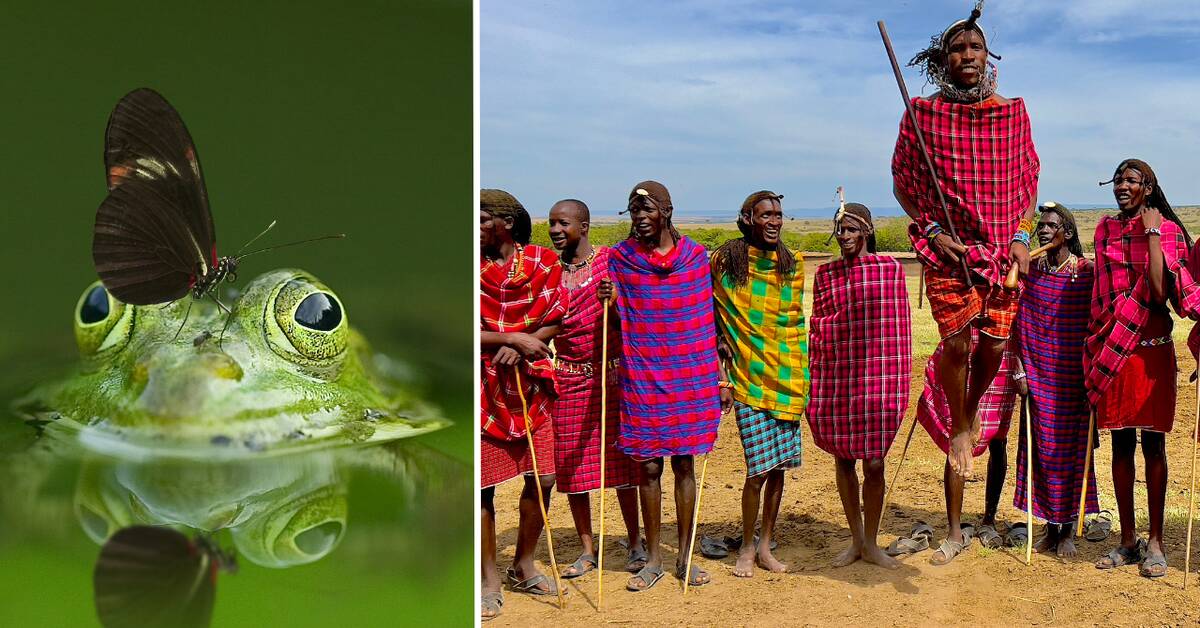At the COP15 meeting on biodiversity, one issue is particularly hot.
Namely, that 30 percent of the earth's land surface should be nature conservation areas by 2030. The proposal, known as 30x30, has been praised, but also met with sharp criticism.
Among other things by several human rights organizations such as Survival International.
- If we look at the history of protected areas, especially in Africa, we see that these protected areas were created without the consent of the local population, says Fiore Longo.
According to Fiore Longo, the negative consequences of creating nature reserves can be seen in Tanzania, among others, where the local population was chased away to make way for tourism and trophy hunting.
The Maasai people were fired upon by the police
The Maasai have lived in the Serengeti National Park in northern Tanzania for many generations, living a nomadic lifestyle where sustainable management of nature is of the utmost importance.
On June 8 this year, the police arrived in the area.
They were there to demarcate an area of 1,500 square kilometers and create a game reserve.
Two days after arriving, the police began firing on the Maasai people, who eventually had to flee their homes, Survival International said.
According to Fiore Longo, game reserves essentially mean that the reserved area emptied of local people becomes a fenced area for tourism and trophy hunting.
- This is not just an individual case.
It is a systematic problem, says Fiore Longo.
Survival International is concerned that the 30x30 proposal will be decided at the ongoing COP15 meeting.
It creates the conditions for situations similar to the one in Tanzania to arise in many other places around the world.
Survival International has in recent years held training sessions and spoken to negotiators and governments to spread awareness of the risk of the new proposal.
- It's about giving negotiators the tools to understand why this proposal could be a disaster, says Fiore Longo.
Making slow progress at COP15
An article published in The Guardian describes the difficulties in agreeing on
The 30x30 question at the COP15 meeting.
Above all, it is difficult to find a balance between the rights of indigenous peoples and nature protection.
- There are very, very painful stories about how indigenous peoples' rights have been violated, how they have been killed, taken out of their territory and extinct because of the expansion or establishment of protected areas, says Jennifer Corpuz, who represents the International Indigenous Forum on Biodiversity ( IIFB).
Play the clip above to see the Maasai people being chased from their homes.
Javascript is disabled
Javascript must be enabled to play video
Read more about browser support
Play the clip to hear Survival International's concerns about the 30x30 proposal being debated in Montreal.
Photo: Pixabay

